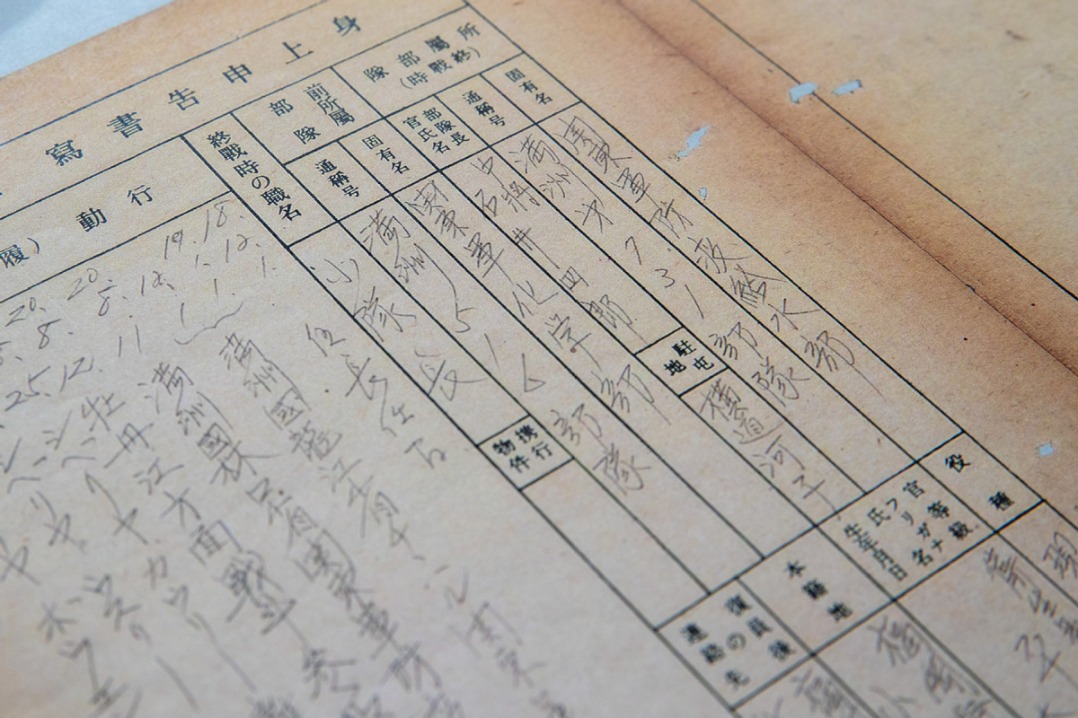Policies draw more HK, Macao youth to Guangzhou
By QIU QUANLIN in Guangzhou | China Daily | Updated: 2022-06-29 09:47

An increasing number of Macao youth have gone to the Chinese mainland to further their careers in recent years, according to Kevin Ho King Lun, president of the Industry and Commerce Association of Macao.
"Guangzhou is the first choice of Macao youth to develop their talent in the GBA," said Kevin Ho, who set up the Guangdong-Macao Youth Innovation Technology Co in Guangzhou in 2018.
Policies in the plan will help promote the development of Guangzhou-Macao innovation cooperation platforms, attracting more young people from Macao to invest and start businesses in Guangzhou, he added.
Ho spoke during a recent investment and business environment seminar promoting trade between Guangzhou, Hong Kong and Macao in Nansha.
Officials at the seminar said Guangzhou has attracted 29,151 enterprises backed by Hong Kong investors and 819 companies backed by Macao investors.
Since the implementation of an internship plan for students from Hong Kong, Macao and Taiwan in 2020, more than 1,600 institutions in Guangdong have provided over 6,000 high-quality internships that have attracted eligible students from 174 universities, officials said.
Jonathan Choi Koon-shum, permanent honorary president of the Hong Kong Chinese General Chamber of Commerce, called for more equal treatment in salaries, taxes and living conditions for young people who come from Hong Kong or Macao. He said they "need to be offered a sense of making gains in order to be attracted to start businesses, invest and live in the GBA".
By 2025, high-quality public resources in education and medical care will grow at a faster pace, making Nansha more attractive, according to the plan.
Hong Kong and Macao residents working in Nansha also will be exempt from the part of the personal income tax that exceeds the tax rate in the two special administrative regions.
An area in Nansha will be set aside for universities from Guangdong, Hong Kong and Macao to increase higher education interchanges, officials said. The plan also encourages those universities to facilitate mutual recognition of academic credits and arrangements for student exchanges.
Not only is the Chinese mainland's scientific and innovation sector an entrepreneurship draw for young people from the administrative regions, but the creative design industry could also benefit them, Choi said.
"If talent come to work here, they will help boost the economy in the GBA and bring in modern service industries from Hong Kong," he said.
Hong Kong has a variety of top professionals such as designers and architects who are also in great demand in other GBA cities, and they will be more willing to work on the Chinese mainland if they are allowed to open their own firms, Choi said.
The plan outlines an ambitious goal-that world-leading public services would be available, and world-class business and the living environment enhanced in Nansha by 2035.
Businesses started by eligible residents from Hong Kong and Macao in Nansha would be able to take advantage of equal support policies such as guaranteed startup loans and discounted interest rates as local businesses.
The plan also encourages the Hong Kong government to create more internships and provide subsidies to Hong Kong university students working in Nansha. Headquarters for youth exchange activities would be planned in an effort to strengthen people-to-people exchanges.
The number of Hong Kong and Macao residents in Nansha would be increased significantly by 2035, according to the plan.
Xie Baojian, deputy director of the Hong Kong and Macao Economy Research Center at Jinan University, said welcoming a greater number of young people from the two special administrative regions to Nansha would help boost future development of the GBA.
"Mainstream industries in Nansha, such as artificial intelligence, new-generation information technology and biomedicines, will be very suitable choices for young people from Hong Kong and Macao to start their businesses," Xie said.
























